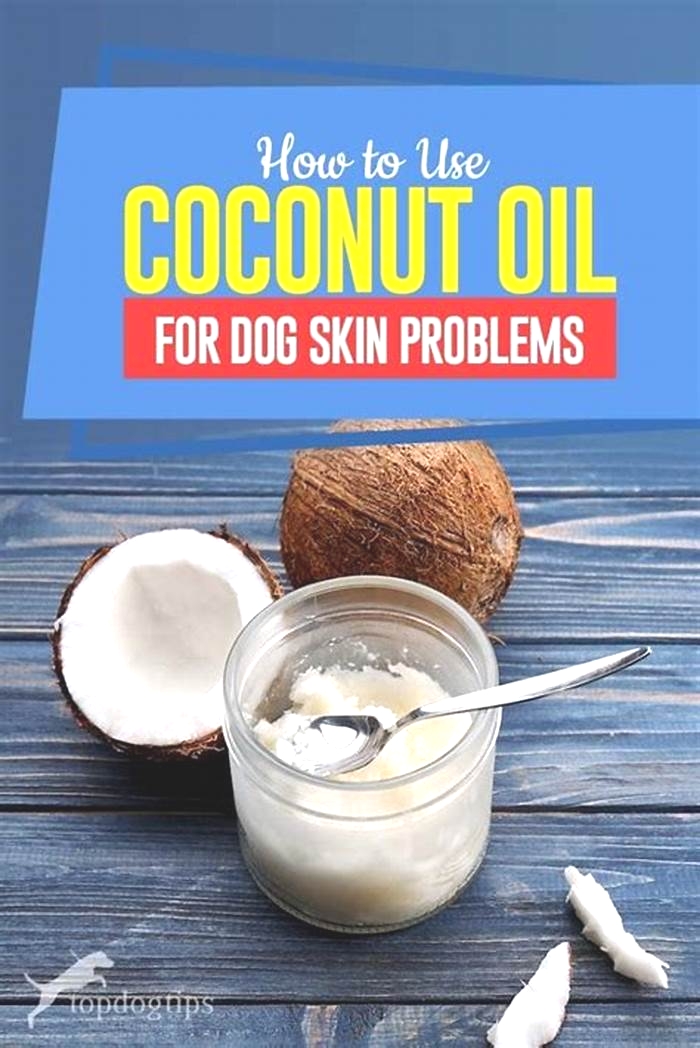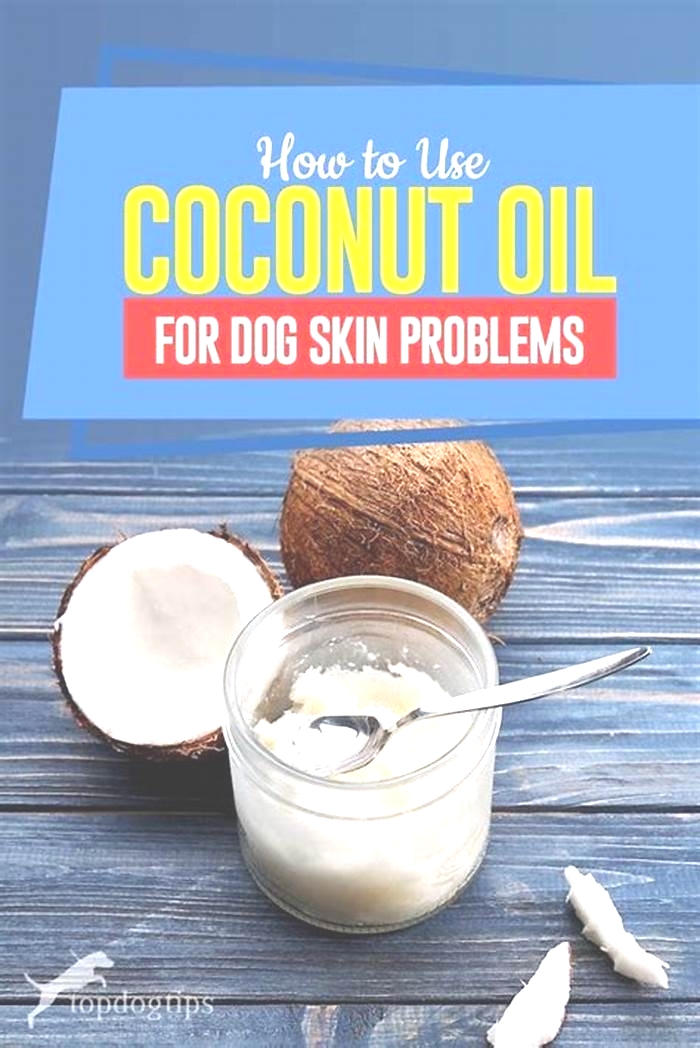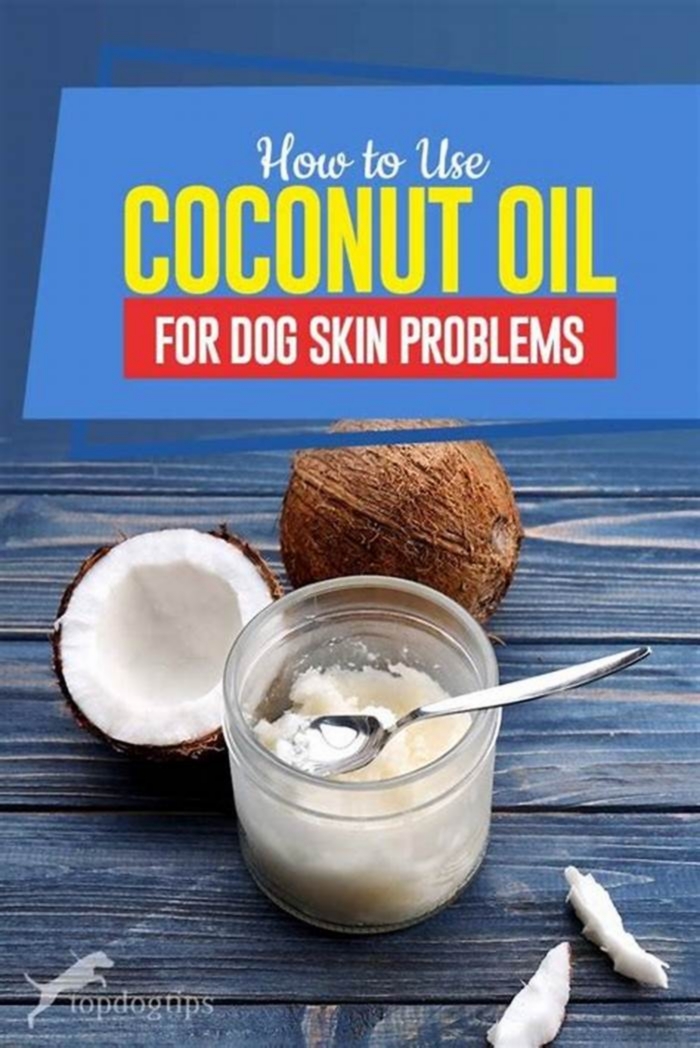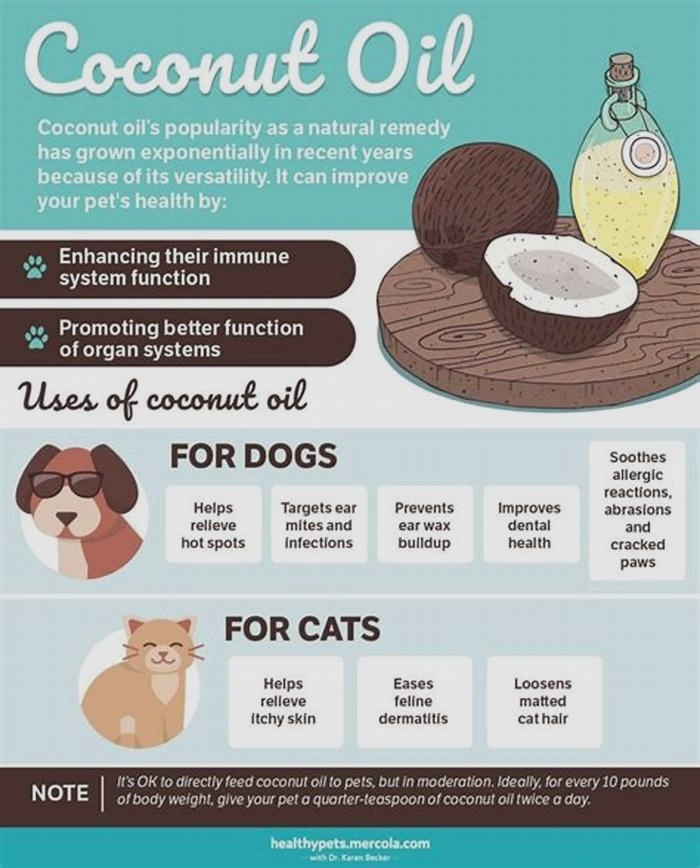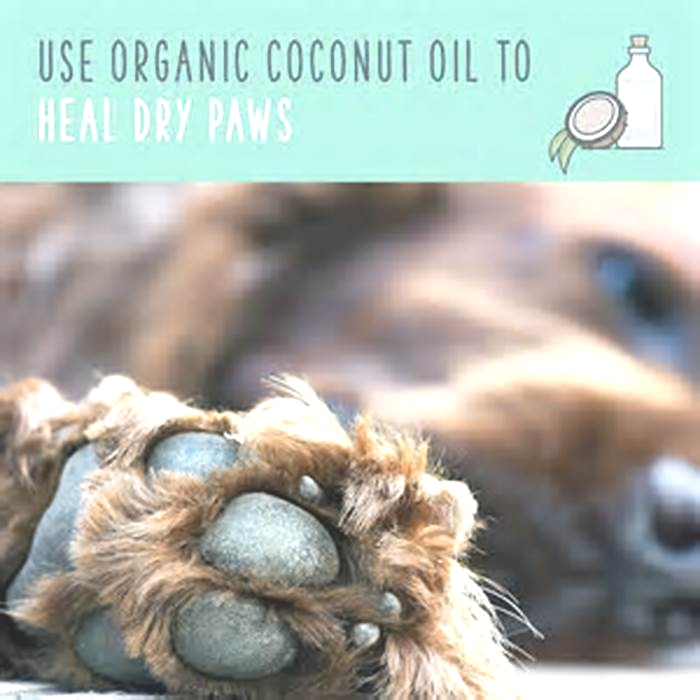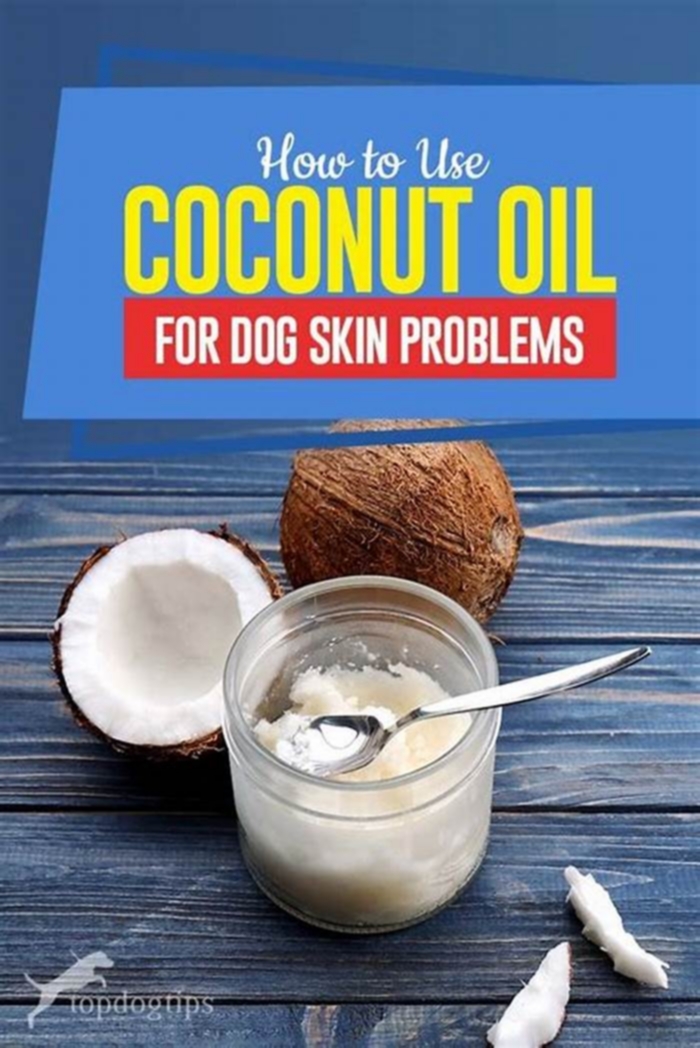Is too much coconut oil bad for dogs
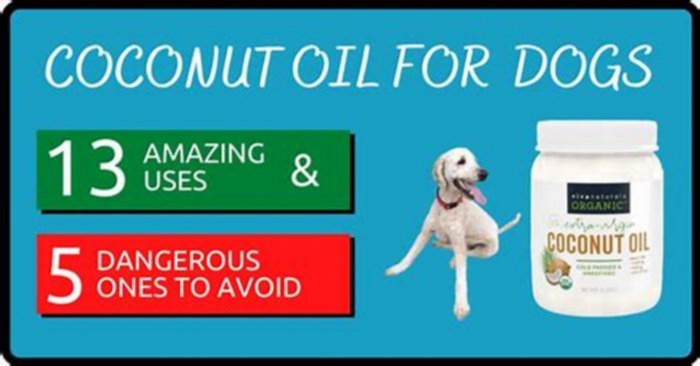
Coconut Oil for Dogs
Coconut oil has become quite the craze in recent years as a popular supplement for people, touted for a wide variety of possible benefits. Coconut oil can be consumed orally, directly placed on food, applied to the skin topically, or contained in supplement form.
But is it also OK to give coconut oil to dogs?
While in very small amounts coconut oil is not likely to cause an issue for your dog, regular use in dogs is not recommended.
Key Takeaways
- Regular use of coconut oil in dogs is not recommended.
- Always consult with a veterinarian before adding coconut oil to your dogs routine.
- While coconut oil offers potential benefits for dogs, it also poses risks such as stomach upset, pancreatitis, and allergic reactions.
What Is Coconut Oil?
Coconut oil comes from the white flesh of the coconut fruit, part of the coconut palm tree. This oil is extracted and is categorized into two typesrefined coconut oil and unrefined coconut oil.
Unrefined coconut oil, sometimes called virgin coconut oil, is minimally processed and retains its flavor; the meat of the coconut is pressed to produce the oil. Refined coconut oil has only a mild flavor but can be used at high temperatures, such as when used for cooking. These oils are then made into preparations for the skin or for oral ingestion.
Is Coconut Oil Safe for Dogs?
In small quantities, coconut oil can be given to dogs for a variety of reasons, but mainly for its medium-chain triglycerides (MCTs) as a source of saturated fat, also known as the good fat.
MCTs are also found in dairy products and palm oil. Coconut oil should be given under the guidance of your veterinarian and gradually introduced into your pups diet. Too much too fast can cause significant stomach upset, and a little bit goes a long way. As with any food, watch for signs of an allergic reaction such as hives or itchy skin.
Coconut oil can be given to dogs in pure form, added to the food or as an oral supplement. It can also be made into a topical preparation for skin issues.
Cold water fish oils provide an excellent source of omega-3 fatty acids. Their propensity to cause stomach upset in dogs is also a lot lower than that of coconut oil.
Can You Use Coconut Oil for a Dogs Skin?
Veterinarians typically do not recommend using coconut oil for your dogs skin because the risk often outweighs the benefits.
Coconut oil is often used to hydrate a dogs skin, reduce inflammation, and provide both antibacterial and antifungal properties. However, this remains anecdotal in dogs.
While there are studies in people, there is no scientific evidence supporting the benefits of coconut oil for use on dog skin.
Applying anything to a dogs skin should be done with caution, as dogs tend to lick themselves often and will ingest the substances.
While coconut oil can be ingested, if too much is ingested or its in a form that is not meant to be ingested, significant stomach upset and pancreatitis will develop. Coconut oil applied to the skin can also cause an allergic reaction, making any current skin condition or itching worse.
Can You Use Coconut Oil for a Constipated Dog?
Coconut oil is not helpful for dogs with constipation, as large quantities ingested will cause painful stomach upset and pancreatitis. Even in small quantities, this painful condition can still occur, along with a possible allergic reaction.
In humans, coconut oil is used because MCTs are more easily digested than long-chain fatty acids (LCTs) to help with conditions that cause decreased absorption or maldigestion of fats. Coconut oil is rapidly absorbed by the intestinal tract; therefore, it will not be effective as a laxative in constipated dogs.
Benefits of Coconut Oil for Dogs
Some possible benefits of using coconut oil in dogs are extrapolated from its successful use in humans. They are:
Rich in fatty acids (MCTs)
Lowers cholesterol
Reduces inflammation
Exhibits antibacterial, antifungal, and antiviral properties
Acts as an antioxidant
Aids digestion
Supports heart and brain function
Assists with inflammatory bowel disease (IBD) by reducing gut inflammation
Aids cognitive function
Decreases seizure activity in epileptic dogs
Claims of use in dogs that lack credible studies, even in people, include:
Risks of Coconut Oil for Dogs
Using coconut oil on dogs, whether through ingestion or topical use, carries the following risks to their health:
While coconut oil offers potential benefits for dogs, including skin health, digestion support, and support for other organ functions, it also poses risks such as stomach upset, pancreatitis, and allergic reactions.
Always consult with a veterinarian before adding coconut oil to your dogs routine, to ensure its appropriateness for their individual health needs.
WRITTEN BY
Barri J. Morrison, DVMVeterinarian
Barri Morrison was born and raised and currently resides in Ft. Lauderdale, Florida. She went to University of Florida for her...
Are Coconuts Bad For Dogs
[ad_1]Coconuts have become increasingly popular in recent years for their health benefits and versatility. From coconut water to coconut oil, this tropical fruit has made its way into many aspects of our lives. But what about our furry friends? Are coconuts bad for dogs?
The short answer is no, coconuts are not inherently bad for dogs. In fact, many pet owners have started incorporating coconut into their dogs diets due to its potential health benefits. However, there are some considerations to keep in mind when feeding coconuts to your canine companion.
Trends related to the topic of feeding coconuts to dogs have been on the rise in recent years. Here are seven interesting trends to keep an eye on:
1. Coconut oil for dogs: Many pet owners have started using coconut oil as a supplement for their dogs. It is believed to have various health benefits, such as improving skin and coat health, aiding in digestion, and boosting the immune system.
2. Coconut treats for dogs: Dog treats made with coconut have become increasingly popular in the pet food market. These treats often cater to dogs with allergies or sensitivities to common ingredients, as coconut is hypoallergenic and gentle on the stomach.
3. Coconut water for dogs: Some pet owners give their dogs coconut water as a hydrating and refreshing treat. Coconut water is rich in electrolytes and can be a good alternative to sugary sports drinks for active dogs.
4. Coconut flour for dogs: Coconut flour is a gluten-free alternative to traditional flour and is often used in homemade dog treats. It is high in fiber and low in carbohydrates, making it a healthy option for dogs with dietary restrictions.
5. Coconut milk for dogs: While coconut milk is not toxic to dogs, it is high in fat and calories, so it should be given in moderation. Some dogs may also be lactose intolerant, so its important to monitor your dogs reaction to coconut milk.
6. Coconut shell dangers: While the flesh and oil of coconuts are generally safe for dogs, the hard shell of the coconut can pose a choking hazard. Make sure to remove the shell before giving coconut to your dog, especially if they are prone to chewing or swallowing non-food items.
7. Coconut allergies in dogs: Just like humans, dogs can develop allergies to certain foods, including coconuts. If you notice any signs of an allergic reaction, such as itching, swelling, or digestive upset, stop feeding coconut to your dog and consult your veterinarian.
To shed more light on the topic, we reached out to professionals in the field for their insights on whether coconuts are bad for dogs. Heres what they had to say:
Coconuts can be a healthy addition to a dogs diet in moderation. They are a good source of healthy fats and can help improve skin and coat health. However, its important to introduce coconut gradually and monitor your dog for any adverse reactions. Veterinarian
I recommend using coconut oil as a natural and safe way to improve your dogs overall health. It can be beneficial for dogs with skin allergies, digestive issues, or joint pain. Just be sure to choose a high-quality, organic coconut oil without any additives. Canine Nutritionist
While coconut is generally safe for dogs, its essential to be mindful of the amount youre feeding them. Too much coconut can lead to digestive upset or weight gain, so always consult with your veterinarian before making any significant changes to your dogs diet. Pet Nutritionist
Coconut treats can be a tasty and nutritious option for dogs, especially those with food sensitivities. Look for treats made with natural ingredients and avoid products with added sugars or artificial flavors. Your dog will thank you for it! Pet Chef
Common concerns about feeding coconuts to dogs often revolve around potential risks and misconceptions. Here are 15 common concerns and answers related to the topic:
1. Can dogs eat coconut flesh?
Yes, dogs can eat coconut flesh in moderation. It is a good source of healthy fats and can be beneficial for their skin and coat.
2. Is coconut oil safe for dogs to ingest?
Yes, coconut oil is safe for dogs to ingest and can have various health benefits, such as improving digestion and boosting the immune system.
3. Can coconut water hydrate dogs?
Coconut water can be a hydrating and refreshing treat for dogs, as it is rich in electrolytes and low in calories.
4. Are coconut treats suitable for dogs with allergies?
Coconut treats can be a suitable option for dogs with allergies, as coconut is hypoallergenic and gentle on the stomach.
5. Can coconut flour be used in dog treats?
Yes, coconut flour can be used in homemade dog treats as a gluten-free alternative to traditional flour.
6. Is coconut milk safe for dogs to consume?
While coconut milk is not toxic to dogs, it is high in fat and calories, so it should be given in moderation.
7. Are coconut shells safe for dogs to chew on?
No, coconut shells can pose a choking hazard to dogs, so its essential to remove the shell before giving coconut to your dog.
8. Can dogs develop allergies to coconuts?
Yes, dogs can develop allergies to coconuts, so its important to monitor your dog for any signs of an allergic reaction.
9. Is coconut beneficial for dogs with skin issues?
Yes, coconut oil can be beneficial for dogs with skin issues, as it has moisturizing and antibacterial properties.
10. Can coconut help with a dogs digestion?
Coconut oil can help improve a dogs digestion by promoting the growth of healthy gut bacteria and reducing inflammation.
11. Is coconut a suitable source of nutrients for dogs?
Coconut is a good source of healthy fats, vitamins, and minerals that can benefit a dogs overall health when given in moderation.
12. Can coconut oil help with a dogs joint pain?
Yes, coconut oils anti-inflammatory properties can help alleviate joint pain in dogs, especially in older or arthritic dogs.
13. Are there any risks associated with feeding coconuts to dogs?
While coconuts are generally safe for dogs, there is a risk of overfeeding leading to weight gain or digestive upset.
14. How should coconut be introduced into a dogs diet?
Coconut should be introduced gradually into a dogs diet to monitor for any adverse reactions or digestive issues.
15. Should I consult with my veterinarian before feeding my dog coconut?
Yes, its always a good idea to consult with your veterinarian before making any significant changes to your dogs diet, including adding coconut.
In summary, coconuts are not bad for dogs when given in moderation and with caution. They can be a healthy addition to a dogs diet, providing various health benefits such as improved skin and coat health, better digestion, and immune system support. However, its essential to be mindful of potential risks, such as allergies or overfeeding. If youre considering adding coconut to your dogs diet, consult with your veterinarian to ensure its the right choice for your furry friend. With proper care and moderation, coconut can be a tasty and nutritious treat for your beloved canine companion.[ad_2]



